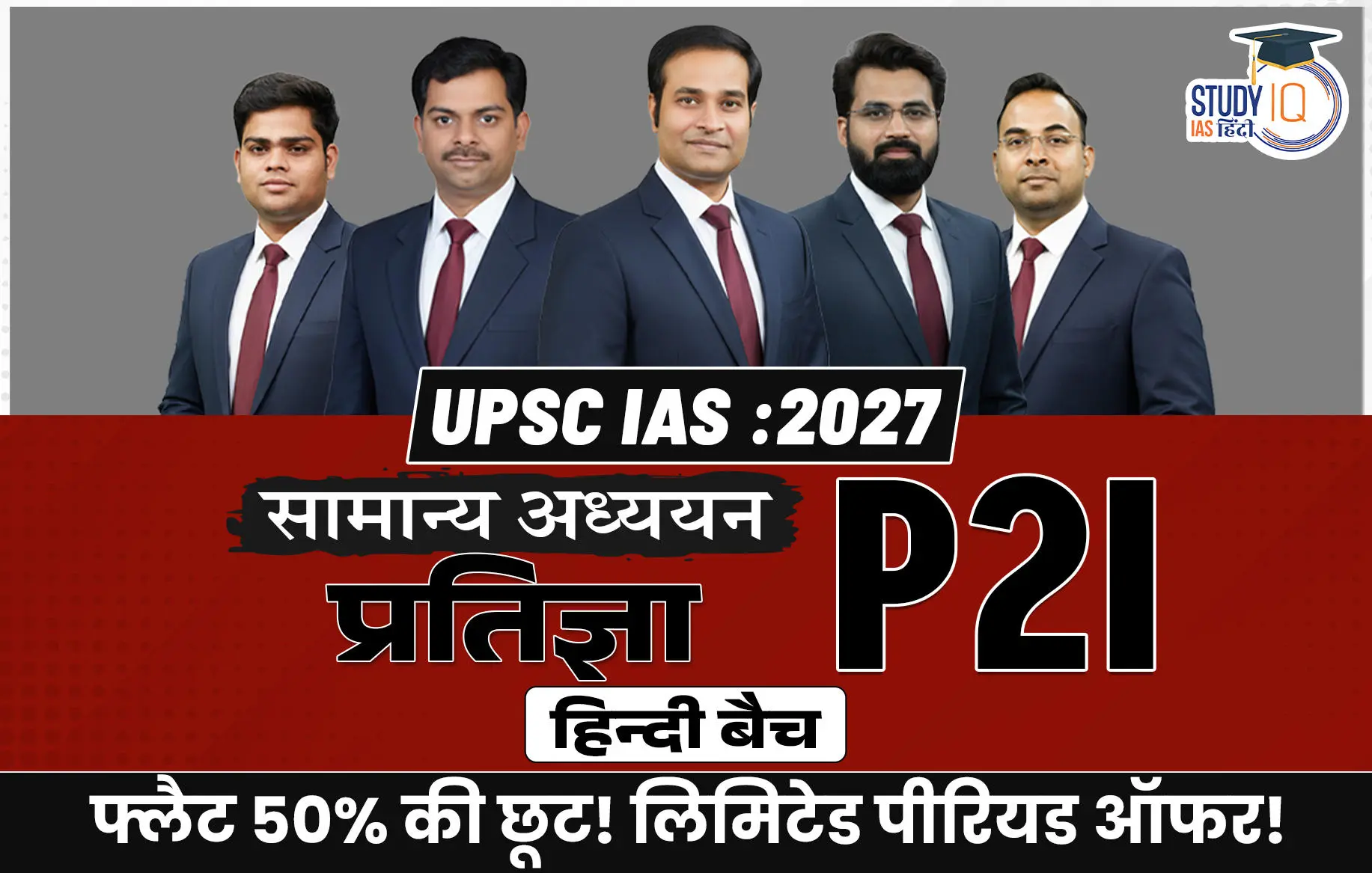Table of Contents
Context: In a landmark ruling with significant constitutional implications, the Madras High Court has struck down a 2011 phone-tapping order issued by the Union Ministry of Home Affairs (MHA).
Law on Phone-tapping in India
Phone-tapping, or telephone interception, refers to the monitoring of telephone calls by the government. In India, it is governed by law to reconcile national security requirements with privacy rights.
Judgment Overview
- The Court ruled that the surveillance violated Article 21 – the Right to Privacy, as it wasn’t based on “public emergency” or “public safety.”
- The decision strengthens the jurisprudence of PUCL (1997) and Puttaswamy (2017).
Legal Framework for Phone-tapping
Indian Telegraph Act, 1885
- Section 5(2): Allows interception of messages only in cases of public emergency or public safety.
- Grounds must align with Article 19(2): sovereignty, state security, public order, etc.
Indian Telegraph Rules, 1951
Rule 419-A:
- Authorization by Home Secretary (Centre/State) or an officer not below Joint Secretary in urgent cases.
- Mandatory review by a Review Committee within 2 months.
- Interception valid up to 60 days, extendable to 180 days.
Information Technology Act, 2000
Section 69 authorises the government to intercept, monitor, or decrypt electronic/digital communications (including phones that utilise internet-based services such as emails, WhatsApp, VoIP). Also needs written authorisation and protection.
Supreme Court Landmark Judgments
PUCL v. Union of India (1997)
Supreme Court laid down procedural safeguards for phone tapping.
-
Written orders only by the Home Secretaries
-
Orders must be reviewed within 7 days
-
Tapping is limited to 60 days, extendable up to 180 days
-
A review committee must oversee and ensure legality
KS. Puttaswamy v. Union of India (2017)
Recognised Right to Privacy as a Fundamental Right under Article 21, and making unauthorised or excessive surveillance unconstitutional
Recent High Court Rulings (2025)
Delhi High Court (June 26, 2025)
- Upheld CBI-ordered tapping in ₹2,149 crore ITPO corruption case.
- Held that large-scale corruption posed a threat to public safety, justifying interception.
Madras High Court (July 2, 2025)
- Quashed MHA’s 2011 phone-tapping order in ₹50 lakh bribery case.
- Reason:
- No “public emergency” or “public safety” as per Section 5(2).
- Review Committee process was not followed.
- Reaffirmed that secret surveillance cannot be used for ordinary crime detection.
Key Safeguards & Procedural Requirements
- Must be proportional, necessary, and legally justified.
- Review Committee must examine each interception order.
- Any evidence from illegally obtained tapping is inadmissible in court.
- Periodic data destruction and accountability measures are required.
Unauthorized Tapping
-
Unauthorised phone tapping is a criminal offence
-
Can be challenged in courts under Article 21 (Right to Life and Liberty)

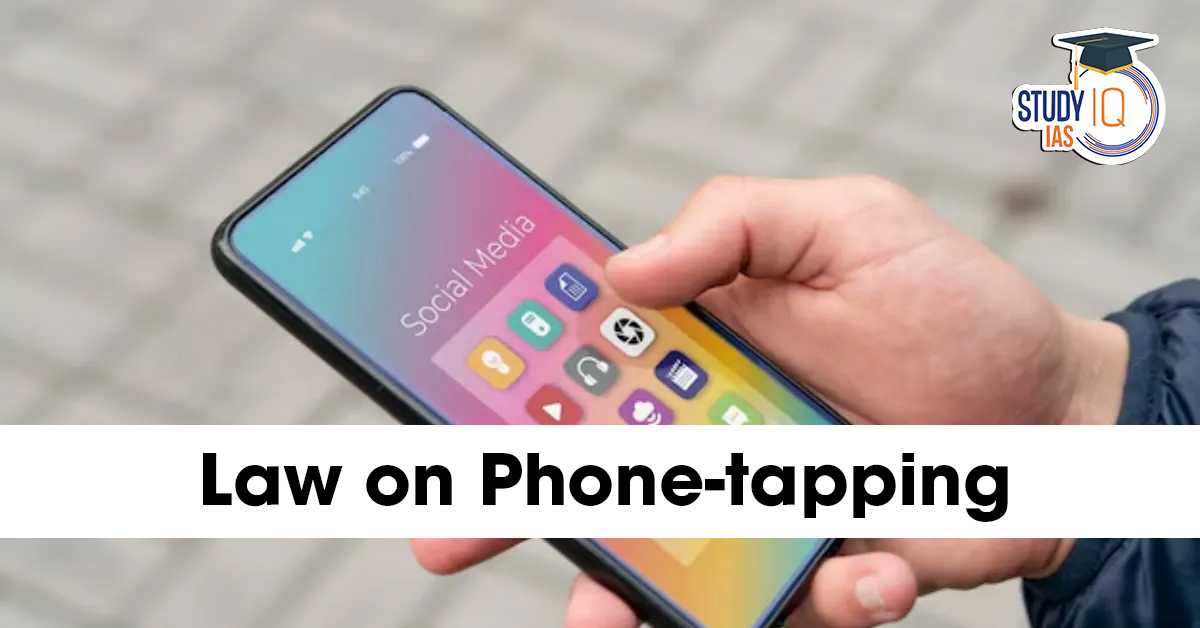
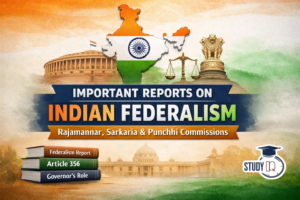 Important Reports on Indian Federalism: ...
Important Reports on Indian Federalism: ...
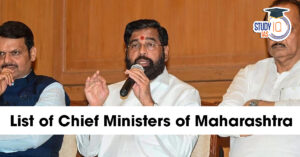 List of Chief Ministers of Maharashtra F...
List of Chief Ministers of Maharashtra F...
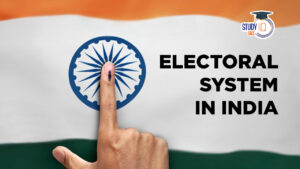 Electoral System in India 2026: SIR Upda...
Electoral System in India 2026: SIR Upda...


